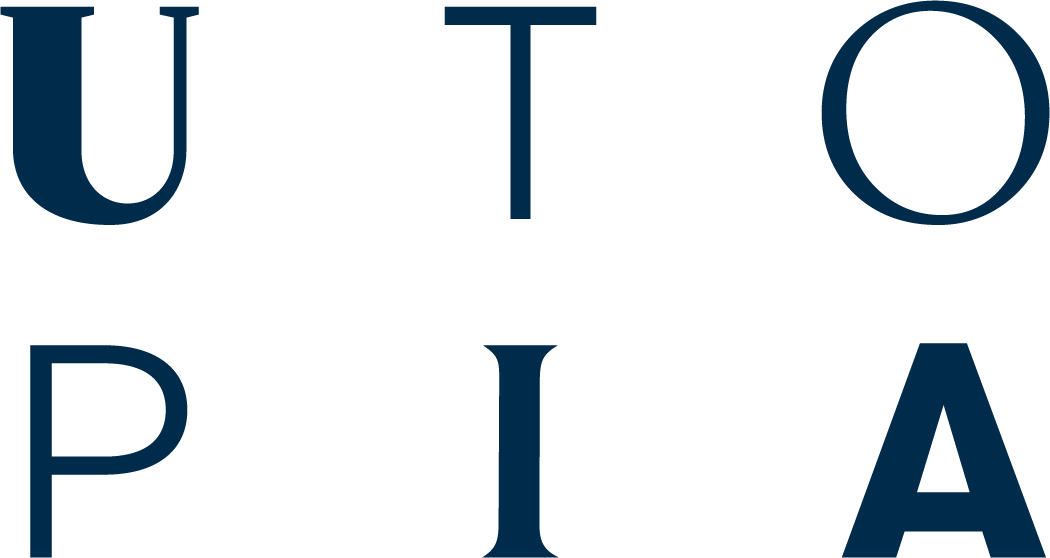How to accelerate race equity at work
In the aftermath of George Floyd’s murder big business pledged billions to tackle racial injustice. But only a small proportion went to organisations actually fighting racial injustice. The objective to create meaningful change in tackling racism at a systemic level, never happened.
A key starting point for why the race equity agenda hasn't progressed as much as was pledged, is because the conversation has dwindled over the past three years. We know that if something’s a priority within a business, it's a constant conversation. For example if making growth into new markets or being more efficient is a priority, there’s constant conversation about those things. And momentum grows with this.
How do we keep race equity top of the agenda?
To tackle an enormous issue like racism and racial bias in the workforce, we need to have a comprehensive approach. To build a fit-for-purpose strategy and overarching plan for change, we would first recommend a DEI Audit. This should specifically assess the level of prejudice and bias that currently exists in the organisation so that outcomes can be accordingly designed and measured against it.
What’s do modern forms of racism look like?
Thankfully, for the most part, we don’t see as much ‘old fashioned racism’ in workplaces. We do however, see more subtle racism, such as colour-blind, symbolic, systemic and laissez- faire forms of racism. We call these contemporary forms of racism. To see how these show up at your work, your DEI Audit might specifically ask your workforce how much they agree or disagree with attitudinal statements like ‘generations of discrimination have made it difficult for Black people to succeed in the workplace’ or ‘I hope to see more Black people in leadership positions at my company’ and compare the results across different groups. Being apathetic or neutral to the last question is a form of colour-blind racism. It fails to see the historic structures of inequity that make it impossible for promotion opportunities to be truly ‘equal’. A comparison of these attitudes would highlight issues that would be otherwise hidden and unmentioned in the exit interviews that they undoubtedly lead to.
“If we’re not actively seeking to dismantle a racial hierarchy that exists in most of our organisations, then we’re contributing to it”.
- Dr Adrienne Milner, Director or Research and Insights, Utopia
Watch this 25-minute ‘Towards Utopia Breakfast Briefing: How to Accelerate Race Equity at Work’ to understand more.
How can we help you?
Utopia is a strategic Diversity, Equity and Inclusion consultancy that provides bespoke support to a range of global organisations. Wherever you are on your DEI journey, we help to identify and develop both short and long-term opportunities to create better inclusion for all. Connect with us for a free 30 minute consultation with of our Partners.

